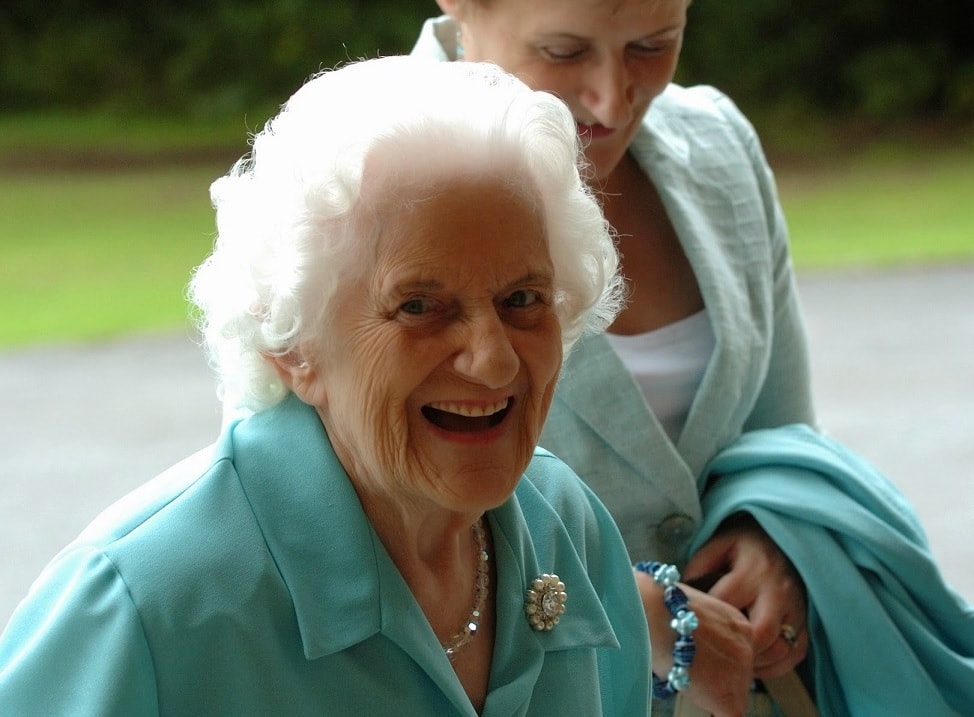The NHS is planning to relieve strain on hospitals by offering a visit within two hours.
New teams will include nurses, physiotherapists, occupational therapists, social workers and social care staff.
The “urgent community response” teams will operate 365 days a year and will help older people and those with complex care needs try to avoid ending up in hospital.
The teams are a key element of the NHS’s plan to provide increasing amounts of care in people’s homes.
The NHS and councils in seven areas of England will start putting the teams together and hiring staff from April 2020, with at least three starting to offer the service before next winter. Cheshire is one of the 7 areas.
Age UK estimates that there are almost 500,000 older people in England who are living at home and have multiple health and care needs.
About Deckchair Care
Deckchair Care are an independent, privately-owned care agency. We look after the elderly in Cheshire and South Manchester.
Read more about our care service
Thanks to ChatGPT for help creating and editing this article.

Deckchair Care are an independent, privately-owned care agency. We look after the elderly in Cheshire and South Manchester.
Read more about our care service
Thanks to ChatGPT for help creating and editing this article.





